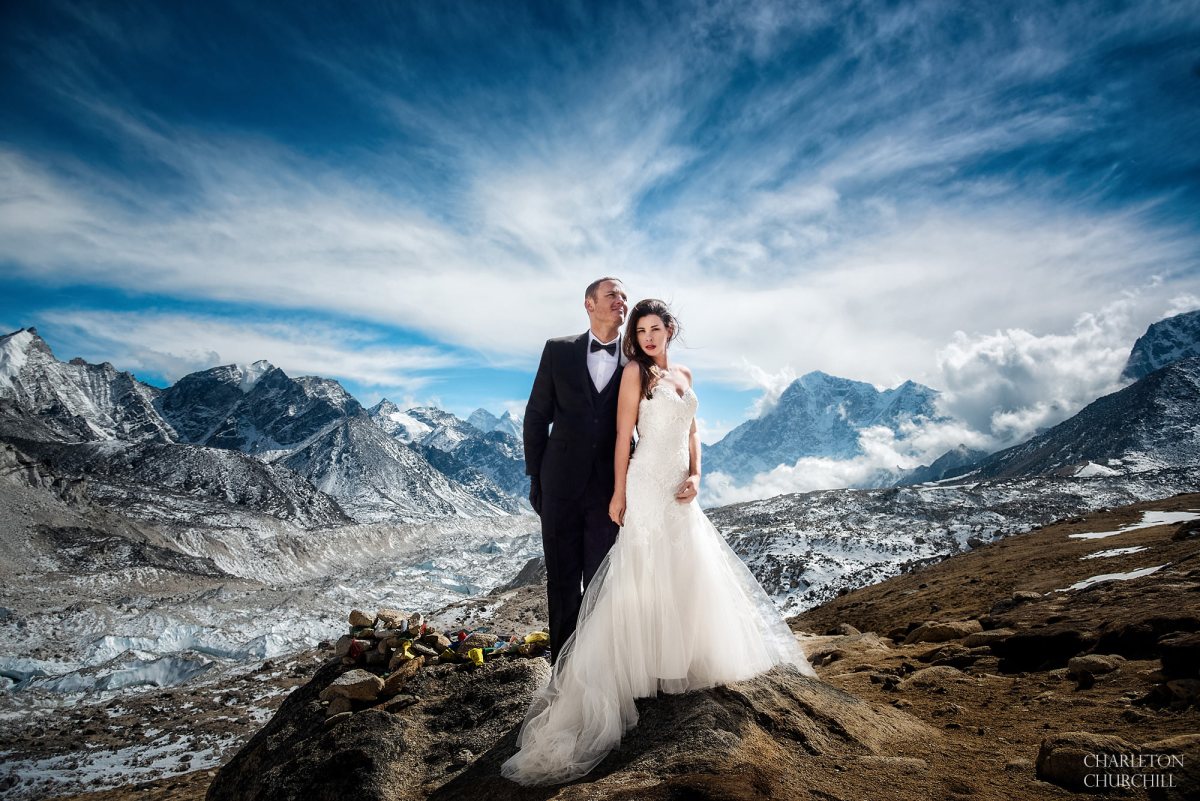Ron Fong ’83 (Psychology) grew up, literally, in his family’s community grocery store. It’s where he and he sisters went every night after school to eat dinner, do their homework and, once they were old enough, work. So when a friend reached out to him in 2008 with a job opportunity at the California Grocers Association, it was a natural fit.
“I didn’t know much about the grocers association,” Fong says. “I went into that hiring process more out of curiosity than anything else, but sitting in a board room with grocery store owners was like coming home. I knew exactly the struggles they were going through. I knew the issues already, from my years of owning a grocery store.”
As the president and CEO of the association, Fong is the statewide voice for approximately 500 retail members and more than 250 suppliers, advocating on their behalf in Sacramento and overseeing the organization’s strategic direction and staff. He also serves as president of the association’s Educational Foundation, which funds scholarships to member employees and their family.
Much of the work Fong does at the Grocers Association involves lobbying for or against legislation that affects those in the grocery industry, from small, community store owners like his parents to corporate giants like Safeway and Albertson’s. The organization just finished 10 years fighting for a statewide ban on plastic bags, a battle that ended when a plastic bag industry effort to overturn a 2014 voter-approved ban failed last November.
Bringing together multiple and often competing voices to develop a unified position on legislation can be difficult, Fong says, but it’s an area in which he can draw substantially on the education he received at Sacramento State. When he began at the campus, he decided to study organizational psychology, believing it would be a good complement to the business skills he had picked up during his years at the family store.
“The skills I learned (at Sac State) are things that I still use in my job as president and CEO today,” he says. “I learned how to deal with problem solving through understanding the culture of people. That’s what organizational psychology does. It helps you understand people.”
Sacramento State also opened his mind to a world beyond what he called the limited environs of his high school and the family store. In one class, he says, he began a friendship with an LGBT woman who was 20 years his senior.
“Without Sac State, I would have never been exposed to a friend like her,” he says. “We ended up keeping in touch for many years after graduation, she was a terrific person. The exposure to different people, different lifestyles, and different cultures was just beautiful at Sac State.”
Of course, like many Sacramento State students, the campus was attractive for practical reasons as well: attending the University allowed him to earn his degree while continuing to work with his family. After he graduated, he began working full time at the store, eventually becoming the corporate president before deciding to get his law degree.
Shortly after he finished law school, his parents decided to sell the business that had been started in 1941 by his grandfather, who had immigrated to the United States from China in the late 1930s. Fong worked for two years as a prosecutor in the Sacramento County District Attorney’s office, then spent 13 years with the California Credit Union League, where he eventually became the chief lobbyist, before moving to his current position back in the grocery industry.
“Your career path sometimes takes unusual turns, and you just have to be open to it,” Fong says. It’s a lesson he hopes current Sac State students take to heart.
“Stay fluid and be open to career moves and choices. “What you plan with your degree at Sac State will not necessarily be what you end up doing as a career. Be open to that.”





